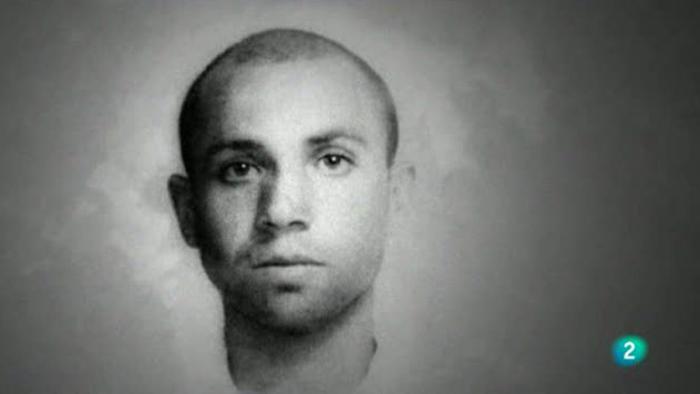Born into a poor family, Hernandez passed his early years as watcher to his father’s flock of sheep and herd of goats, spending hour after solitary hour in the countryside- accumulated time that undoubtedly allowed for the development of a quiet appreciation of nature. Despite his longing to leave his humble beginnings in order to write, such admiration for nature would ring through in the written words he penned during his painfully short life.
Thanks to his close friend Ramon Sije who was, for a period, a kind of mentor to Hernandez, the young poet made several visits to Madrid. It was in the capital that he was able to engage in literary circles, make contact with Juan Ramon Jiminez (founder of the magazine Indice in which many of the writers from the Generation ’27, including Hernandez, wrote) and eventually meet poets such as Federico Garcia Lorca and Pablo Neruda. Such experiences were fundamental to our self-taught writer and it is interesting to note the changing influences in his work. In fact, it wouldn’t be farfetched to suggest that Hernandez very quickly found his home amongst the circles of poets. In his poem Llamo a los Poetas, he pays tribute to their company, confessing the following; “With them, I have felt the most deeply and the most settled, as well as less lonely.”
In his early work, we are met by strong currents of ‘Ultraismo’ and ‘Creacionismo,’ trends which celebrated the use of the metaphor and avoided the direct mention of things. If Hernandez’s early poetry is to be deemed as having traits of a certain Catholic purism, his later works came under the influence of Pablo Neruda’s ‘Poesia Impura,’ in which a freer eroticism is notable, particularly in the poems detailing his love for his bride to be, Josefina Manresa.
Hernandez has often been added to the group of writers and artists known under the title of the Generation of ’27, a group advocating avant-gardism in literature and the arts as a whole. It is difficult to ‘box’ Hernandez’s poetry- there are so many influences throughout his work and the poems vary from almost semi-religious celebrations of nature, eroticised love poems to a deep, unimaginable suffering. All such themes tell us something not only of the man himself, but also of the times in which he lived and the incredible hardships he, and many others like him faced.
During the Spanish Civil War, Hernandez worked not only as a soldier but also as a cultural ambassador to the Republican Army. He would read his poetry and plays on the radio and to fellow soldiers on the front line. Sentenced to jail at the hand of Franco, Hernandez died from tuberculosis in prison at just thirty-one years of age (March, 1942) after having been in and out of over a dozen prisons in a weakened and ill state. Such prisons are referred to as “factories of tears” in his poem Las Carceles, published in 1939. Forever faithful to his vocation and passion, Hernandez managed to scrawl these final words on the wall of his prison cell: “Goodbye, brothers, comrades, friends, let me take my leave of the sun and the fields.” He may have left his Spanish lands several decades ago, but s with most great poets, it is through his words that we are reminded of the light and shade of human existence and each individual’s determined endeavor to leave their mark- long after they are gone.
In one of his poems, Eterna Sombra, the ‘Eternal Shade,’ Hernandez writes the following in the final stanza:
Soy una abierta ventana que escucha,
por donde ver tenebrosa la vida.
Pero hay un rayo de sol en la lucha
que siempre deja la sombre vencida.
I am an open window that listens,
for where life can be seen as gloomy.
But there is a ray of sunlight in the struggle
that always leaves the shade defeated.
Joanna Bathgate
Image















